It's March 12, 1977, the Host Sissy Spacek and the Musical Guest is Richard Baskin

Here's some stuff that happened in the past
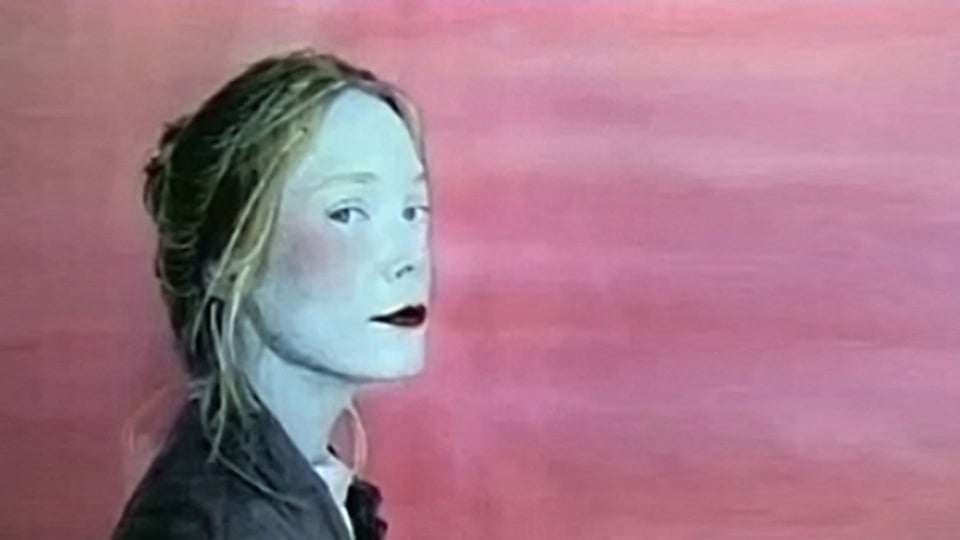
As much as I like Buck Henry, Steve Martin, and Elliott Gould, I prefer unconventional, unexpected hosts. Since the very beginning, much of the appeal of Saturday Night Live has been seeing whether the week's host is able and ready or whether they'll make a fool of themselves with the whole world watching.
That's why I was excited that Sissy Spacek, who was very young when she hosted Saturday Night Live but seemed much younger, is this week's host and genuine old person Broderick Crawford. This is in sharp contrast to Buck Henry, who was the Not Ready For Primetime players' weird uncle even though he was a mere forty-five when he first hosted. I'm forty-seven now and in the full flower of my radiant youth. Yet Henry was even younger than me when he became the default host when someone more famous bailed.
Incidentally, in Doug Hill and Jeff Weingrad's essential tome Saturday Night: A Backstage History, Henry is described as possessing "an academic interest in pornography," which is just a beautiful turn of phrase.
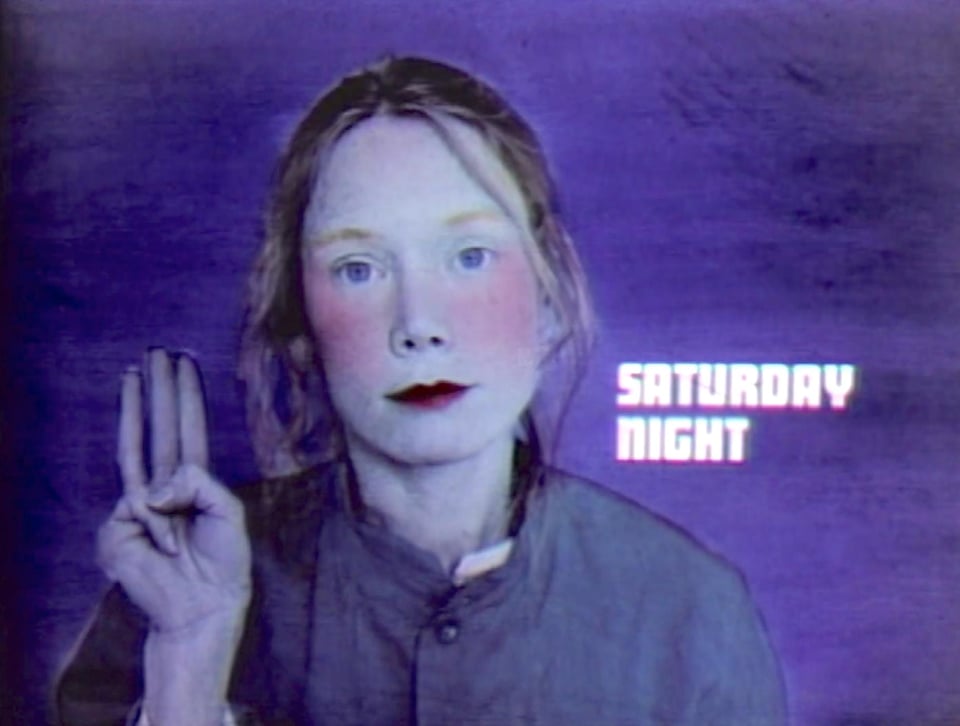
In Saturday Night, I learned a fascinating factoid about this episode. In a very funny, very silly sketch, Jane Curtin—once again playing a sour-faced ice queen who can barely conceal her contempt for the ribald circus around her—interviews a man (played by Bill Murray) who has risen to great heights despite suffering from Quintlexia, a condition where his vocabulary consists of exactly five words, specifically "That's true. You're absolutely right."
I didn't even notice, but one of the times that Murray answers one of Curtin's queries, if you listen very closely, you can hear Murray start to say "about that" before realizing his error.
You have to pay close attention to even notice Murray's tiny slip-up, but in Backstage, they point out that by uttering a sixth word, even softly, quickly, and by accident, he's undermining the sketch's premise.
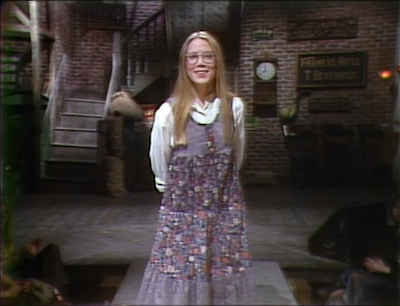
That's how exact this self-indulgent sketch show by and for stoned young people was; even a microscopic slip-up was noted.
Murray was in the mix as a potential castmate from the very beginning. He and his older brother Brian Doyle-Murray were in the same circles as the original cast, with impeccable credits with Second City and The National Lampoon Radio Hour.
The future Academy Award nominee and talented/troubled/problematic human being might have made it onto the show earlier if he didn't have bad skin. That might seem petty or strange, but at least half of Chevy Chase's appeal was that he was very handsome and knew it.
Murray does a surprisingly good Walter Cronkite in one of my all-time favorite early sketches. I've written about my admiration for Aykroyd's take on Jimmy Carter.
Where Chevy Chase made no attempt to look or sound like Gerald Ford and played him as a buffoon who doesn't know anything, Carter nails the beloved 99-year-old's voice, drawl, and mannerisms and plays him as a genius who knows everything.
Carter was, after all, a nuclear scientist who worked on nuclear submarines under the leadership of Hyman Rickover, the legendary "Father of the Nuclear Navy," whom he described as the biggest influence in his life other than his parents.
In a pointless aside, I dated Rickover's great-niece for a few months and am friends with his great-nephew.
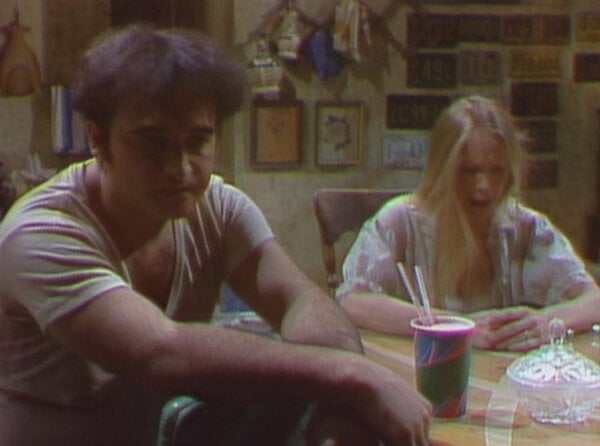
Needless to say, you have to be pretty fucking smart to be a nuclear scientist and a Nobel Prize winner. "Asking President Carter" imagines a nationwide call-in show with Aykroyd's Jimmy Carter answering questions from ordinary Americans alongside Murray's Walter Cronkite.
The first question is an incredibly technical one from a postal worker about an automated letter-sorting system that's not working correctly at her place of business. Improbably but delightfully, the President confidently walks the impressed woman through the problem and offers a solution.
Then, the non-disgraced one-term ex-president fields a call from a seventeen-year-old freak whacked out of his mind on Orange Sunshine LSD. Though Carter does not partake himself, he talks the man down.
Carter compassionately advises the man to take some vitamin B, have a beer, listen to an Allman Brothers album if one is available, and remember that he is a living organism on this planet and he is very safe.
"You know I'm against drug use myself, but I'm not going lay that on you right now. Just mellow out the best you can." Carter says empathetically.
I love that Carter's remarkable skillset includes a granular knowledge of psychedelics and how to comfort and guide someone on a bad trip.
This leads directly to a sketch that embodies much of what I find problematic about these early seasons.
Garret Morris plays Mary Prince Fitzpatrick, a nanny who worked for the Carters despite having a felony conviction on her record. It would be more accurate to say that she worked for Jimmy and Roselyn Carter because they felt strongly that she was innocent and worked to clear her name.
When Morris enters the scene wearing women's clothing, he gets a huge laugh. Somewhere, Lorne Michaels was watching intently and scribbling down a magic formula the show would use for decades to come: a black man in a dress = big laughs from a white audience.
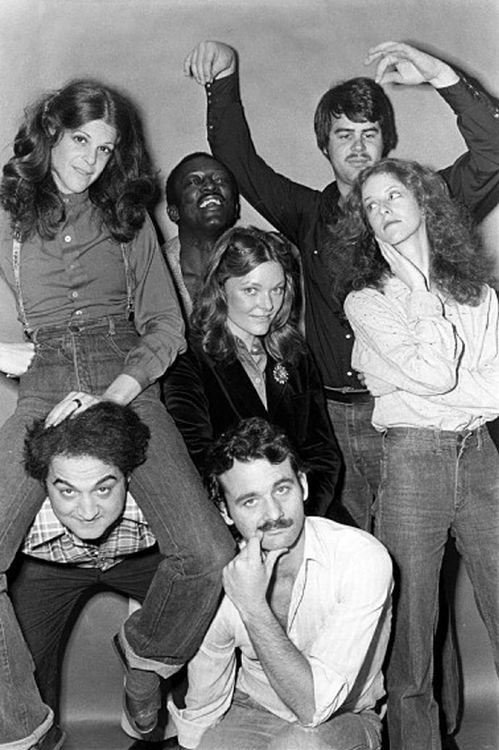
To make things worse, the nanny is written as a street-smart hustler who tells Amy Carter a bedtime story full of gritty details wildly inappropriate for a child.
The rest of the show is wildly uneven. A parody of overwrought theater with John Belushi and Sissy Spacek as a working-class couple lingers on interminably.
Gary Weis' short film features Sissy Spacek spinning a baton in slow motion to David Bowie's "Fame." Weiss specialized in arty explorations of beautiful women set to pop songs.
The episode's home movie is from Robert Altman, who was working with Spacek around this time on 3 Women, and features Spacek playing a series of characters in just two minutes.

Altman's no Mr. Bill, and his extremely short film feels tossed off, perhaps intentionally. The musical guest, meanwhile, is earnest singer-songwriter Richard Baskin, one of the most obscure musical guests in the show's history.
Bill Murray took time to catch on with audiences because he was seen as a replacement for the show's most popular cast member and breakout star.
But Murray was terrific from the very beginning. Even when he ostensibly screwed up, as in the Quintlexia sketch, he was still funny, and that's kind of the point of the whole show.
You just read issue #52 of Every Episode Ever. You can also browse the full archives of this newsletter.
-
I might be misremembering, but didn't she say something about the baton twirling being cut from Carrie ? It was a long time ago...
-
That is a very interesting factoid about your interactions with the Rickover family! If you haven't read it already, I very highly suggest the book "Blind Man's Bluff", which is about the history of the USA's use of submarines in spy operations. Rickover figures into the narrative (obviously), but one of the more interesting parts involved the ideological differences between Rickover and his young, Reagan-appointed successor.
Add a comment: